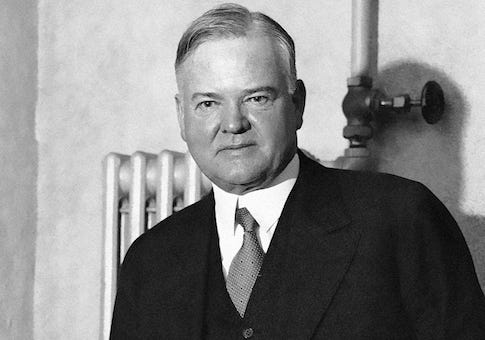Towards the end of Young Adult, Charlize Theron's Mavis sits at a table humiliated and broken. In a shaky first step to redemption, she expresses remorse. Without warning, a minor character assures her that she's better than anyone in her hometown. They did nothing. She moved to Mineapolis and became a published writer. Fuck this town. Fuck these people. Mavis returns to the city, refreshed, having learned nothing.
“Just One More Time” delivers a similar whiplash ending. This is one of Cheever's shortest stories. Most of its five pages present a Gothic sketch of Alfreda and Bob Beers, fading blue bloods. Note their introductory sentence: “I'm thinking of the Beers now – Afreda and Bob – who lived in the East Side apartment house that Bob's father used to own, surrounded by sailing trophies, autographed photographs of President Hoover, Spanish furniture, and other relics of the golden age.” This is the 20th century New York equivalent of Mrs. Havisham with her rotting cake and filthy wedding dress. I love how they have multiple autographed Herbert Hoover photos.
The first half describes the Beers. They are a couple seen at cocktail parties and Sunday night train stations coming home from their country excursions. The family fortune is mostly gone. They can barely afford to send their kids to private school. Alfreda takes jobs at retail stores and gets fired. The rent is always late. They kite checks. Even the doorman pities them. Yet they are charming in a sad way, reminding their friends of a bygone era.
In the second half, the narrator inserts himself. He sees them at the beach and on cruises. At one cruise, Alfreda tells him that she has money now. Good news. Her aunt died. He's not excited. They've been falling for so long, that he doubts this will stop their descent. Shortly after that meeting, he thinks he sees Bob selling concessions and Yankee stadium. He also might spy Alfreda selling pencils on the street corner. He imagines Bob dying on a palette in a basement.
The Gothic story has delivered its doomed characters to their fate.
Just kidding. This is the weird suburban Cheever.
In the last paragraphs, the narrator ends up on an ill-conceived sailing trip and gets trapped against the tide. Just as all seems lost, the Beers show up with in a bulky cabin cruiser with a banquet on the bridge and roses in the cabin. They also have a mansion. As the narrator awaited their doom, they inherited more money from dead aunts and invested it. The money tripled so they repaid all of their debt and went back to being rich.
The narrator changes his mind. They are not fading aristocrats about to die. Nope. Now they are smart. Because they have money. Americans do have the unfortunate habit of equating wealth with intelligence, ignoring luck and family. Elon Musk could recommend eating cat poop as a cancer cure and his fanboys would still praise his genius.
This is not a great story, but it is fascinating. The Beers are more symbolic than fleshed out. The ending just abandons the Gothic tropes. Imagine a Wuthering Heights conclusion with Heathcliff happily married to a woman he found on a business trip. Maybe Shirley Jackson could have written a happy ending to The Haunting of Hill House where Eleanor renovates the place and turns it into a Bed & Breakfast.
Possibly the best way to read this story is to view the Beers as symbols of America between the 1930s and 1950s. In the 1930s, America was falling apart with Communists and Fascist eager to pick over the corpse. The federal government was desperately trying to hold things together. The Roosevelt administration passed everything from social security to the WPA to stabilize the economy. America's time as a world power was ending with isolationism dominating the discourse. To make matters worse, Japan bombed Pearl Harbor and pushed America into WWII.
A few years later, the war was over. America had not only won but had avoided the devastation experienced by most of other nations involved. America had enough resources to build up American infrastructure and rebuild Europe. Americans even accepted high taxes because they were rich enough to afford them. Like America, the Beers were headed for an inevitable collapse. Yet both America and the Beers ended up stronger than ever.
As much as the ending of “Just One More Time” feels like a cheat, it must have felt relatable at the time.
For more short stories, please buy a copy of She Nailed a Stake Through His Head
If you’d like to read the story, here’s a link to the original New Yorker publication (requires subscription)






You got me interested. I was a songwriter from the 80s until Covid then put down my guitar and wrote two books. Both are still in process. I don’t know much about literature and even less about the short story. Don’t know Cheever at all. Thanks for the intro and link to your book too - checking it out! I’ll finish my dad’s book after I finish my novel. Stay tuned pls.
Lovely essay. Thank you.